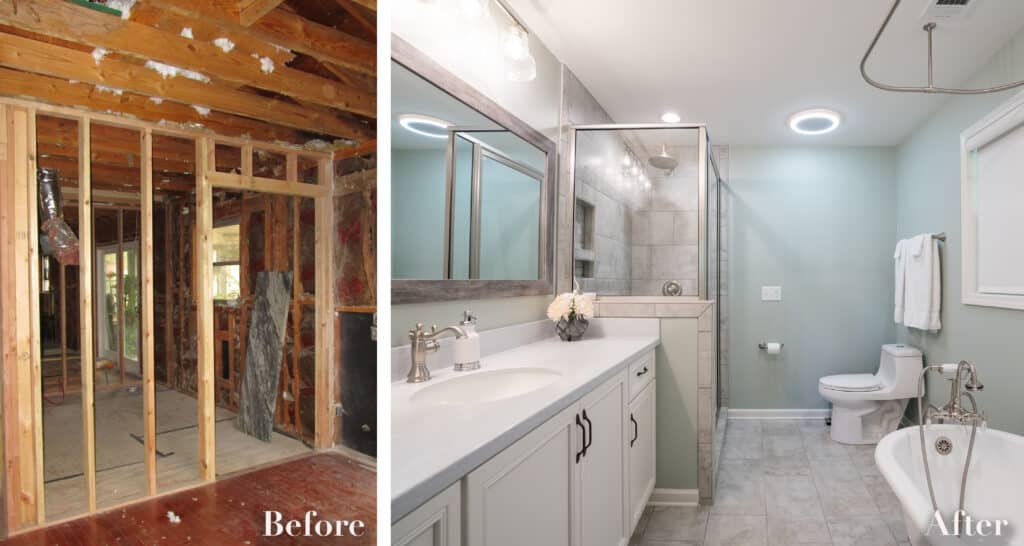Don’t Ignore Permits & Be Wary of Too Many “Unforeseen” Problems

The remodeling world is not without complications; however, a good contractor is trained on how to handle these issues with respect for the homeowner. It is the contractor’s job to make your life easier, so if you feel like the opposite is occurring then it is time to weigh out your other options. Here are some issues to watch out for when dealing with a deceitful contractor.
Ignoring Permits:
Unscrupulous contractors like to either ignore permits or have the homeowner file for them. It is very important to make sure your contractor pulls all required permits themselves, because it not only guarantees that things will be done to “code”, but it is also part of their job. Many contractors prefer not to pull permits because of the time involved and the “hassle” with the inspectors, and some contractors may ask you to get the permits. This could be a warning sign that they are not able to pull the permit because they are unlicensed, or that the work is outside of their license. Also, in order to keep your home properly covered, many homeowners’ insurance policies require pulling a permit if the remodeling job is deemed “major”; therefore, it is important to make sure your contractor does not skip this vital step so you can ensure the best remodeling outcome.
Encountering Too Many Costly “Unforeseen” Problems
Given that we don’t live in a perfect world, unexpected delays and unforeseen problems can, and almost always will, arise with any home improvement project. There’s absolutely no way a contractor can know exactly what they are getting into until they start the demolition portion of the project and see what’s behind walls and under floorboards. However, a low risk contractor will spend time educating the customer for the possibility of problems before the contract is even signed. They’ve seen hundreds of problems and have their experiences to draw upon. They’ll talk about all of the various risks involved in the project and help the homeowner manage their risks by setting aside contingency funds.
When your remodeling project encounters a hiccup, and it most always will on some level, stop to ask yourself “Is this something that could have been prevented with the experience, knowledge, and due diligence?” If problems start to creep up like the layout of the kitchen cabinets don’t flow well in the new kitchen design so some need to be reordered at your expense, plumbing for a brand new kitchen island won’t function as planned and the builder needs another $4,000 to cover additional plumbing costs, or that the contractor under budgeted for the cost of granite countertops – it’s time for you to find a new remodeler. These problems were all avoidable with proper budgeting, designing, and planning with subcontractors.
On the other hand, if you run into a situation where, upon removing an exterior wall for a breakfast nook addition, you find an infestation of termites that will cost you a few thousand dollars to exterminate and a few weeks delay in construction, you can hardly blame your remodeler. Similarly, if during the demolition of an interior wall you find improperly installed plumbing from a botched DIY fix courtesy of the previous owners, which adds to your bottom line, that wasn’t something either party could have anticipated either. Even the best of home remodelers don’t have x-ray vision or a crystal ball to see the future, so when these types of problems arise, be as patient as you can with them! Such issues inconvenience their lives, too!
